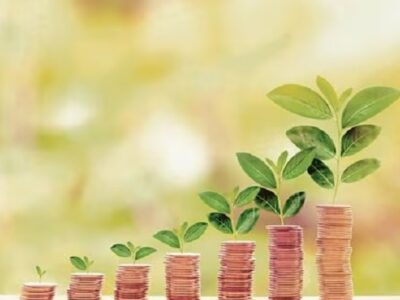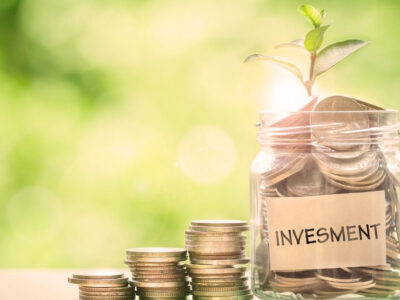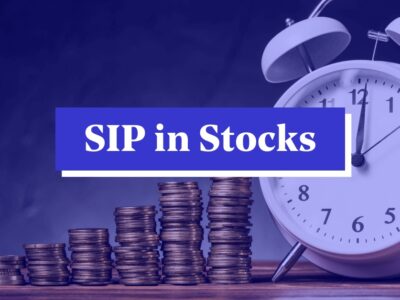A derivative is a financial security set in future with a value that is reliant upon or derived from, an underlying asset or group of assets. Futures and options are two major types of stock derivatives traded online in a share market.
How Future Price is Decided?
These are contractual agreements signed between two parties or companies or traders for trading a stock asset at a pre-defined rate for a later date. Such contracts in derivatives try to hedge market risks involved in the stock market trading. Locking price set a boundary for the price beforehand.
Let us take a simple real life example to understand futures and options trading in better manner. Suppose, a farmer has sown rice and wants to sell his crop after three months. He keeps track on the market, he notices that the current price of INR 500/quintal is investment recovery price but the price depends on production and it might go down after three months as the supply increases. He must lock the price to secure his investment. This farmer gets into contract with a trader who is willing to buy at INR 500 and wants delivery after three months. Both enter into a mutual agreement for a deal of 100 quintal rice, at 500/quintal to be transacted after three months.
What is Futures and Options trading process to derive their price? The derivatives of future and options derive price from an underlying asset such as stocks, bonds, commodities, currencies, interest rates, market indexes and more. Futures and options basics provide individuals to reduce future risk with their investment through pre-determined prices.
How Options Price is Decided?
Taking the previous example of futures trading, suppose rather than entering into the above transaction, both parties; farmer and trader entered into another transaction as follows.
Farmer provide trader with a choice of price and will sell him for a pre-agreed price only if he chooses to buy from the farmer on the future date.
Trader foreseeing profit in future will buy the crop at INR X/quintal from the farmer only if market is further selling him at a price higher than INR X/quintal. But the same trader has choice to buy from the market itself if the price is lower than INR X/quintal.
The other party, the farmer command a non-refundable token payment (premium) from the trader in advance. Both practice an option of securing their investment by deciding on their choices.
The same set of transactions in a trading account on a formal exchange under government regulatory body is referred as Options trading.
Future is easy to understand but hard to make profits. Option trading is bit complex. Smart trader deal in options trade to make more profit from a decline in a stock’s price. By purchasing the right to sell stock at given price (a put option) a trader can take a leveraged position that benefits from price going down.
You can download share trading app here.






